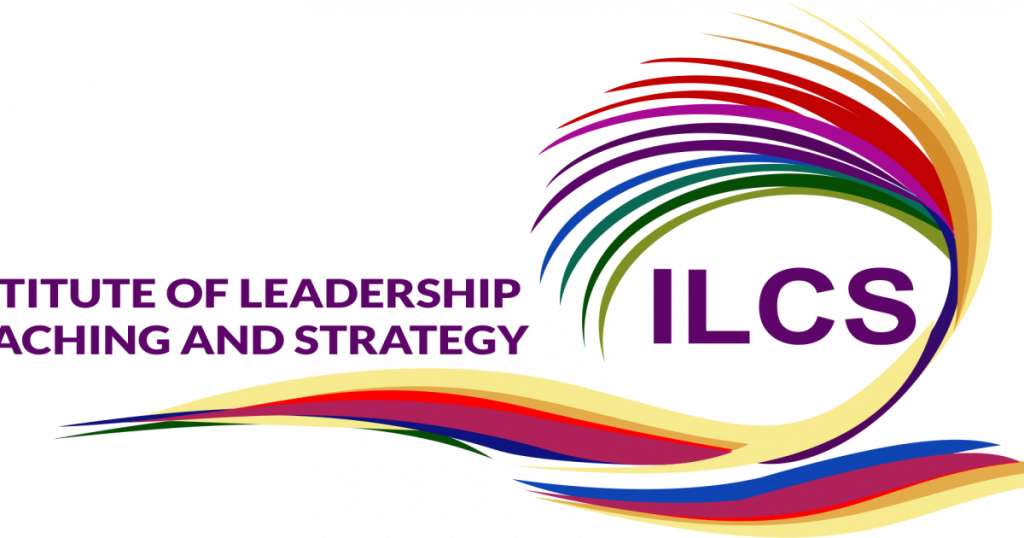The Institute of Leadership Coaching and Strategy (ILCS) has issued a clarion call for a renewed emphasis on ethical and moral leadership as the bedrock of national development in Nigeria. The institute posits that Nigeria’s path to progress is inextricably linked to the emergence of leaders who prioritize integrity, accountability, and the common good. This urgent need for principled leadership was the central theme of the institute’s second induction ceremony, where new members formally joined the ranks of this organization dedicated to fostering leadership excellence. The event, aptly themed “Ethical Leadership for Societal Impact,” underscored the critical role ethical leaders play in shaping a nation’s destiny and driving positive change within society.
Dr. Olasunkade Azeez, President of ILCS, articulated the institute’s conviction that leadership failures lie at the heart of the challenges plaguing Nigeria and many other African nations. He emphasized that true leadership transcends mere titles and positions; it resides in the ability to inspire and motivate others toward a shared vision and to leave a lasting, positive impact on society. Dr. Azeez drew parallels with nations like Singapore and Canada, highlighting how ethical leadership transformed Singapore from a developing to a developed nation and enabled Canada to overcome its multicultural and regional challenges to achieve remarkable progress. He argued that Nigeria, too, can attain its full potential through the cultivation and empowerment of ethical leaders.
The induction ceremony welcomed a new cohort of members into various grades of the institute, individuals who have demonstrated a commitment to leadership excellence and a desire to contribute to societal transformation. Dr. Azeez charged these inductees to embrace their roles as agents of change, urging them to ignite positive transformations, foster expanding order, and leave an indelible mark on society. The ceremony also served as a platform to reiterate the importance of ethical leadership in Nigeria’s pursuit of national renewal. Dr. Ayodele Aderinwale, Chairman of the occasion and former Executive at the African Leadership Forum, lamented the erosion of values in Nigerian society, highlighting the normalization of shamelessness and the disregard for ethical conduct.
Dr. Aderinwale emphasized the pivotal role of leadership in shaping a nation’s trajectory, asserting that Nigeria’s aspirations can only be realized through the rise of principled leaders. He urged ILCS to remain steadfast in its mission of nurturing a new generation of ethical and transformative leaders, encouraging the inductees to embark on this challenging journey alongside like-minded individuals to create the Nigeria they envision. This call for ethical leadership was further amplified by guest speaker Ajibola Ponnle, former Lagos State Commissioner and current Group Chief Executive Officer of Human Investment Africa. Ms. Ponnle asserted that Nigeria’s underdevelopment is unjustifiable, identifying leadership and human capital as the missing links in the nation’s pursuit of sustainable growth.
Ms. Ponnle warned against the normalization of abnormality and the dangers of silence in the face of societal challenges. She commended ILCS for its dedication to championing ethical leadership, defining true leadership as the ability to inspire extraordinary actions from ordinary individuals. She enumerated the essential qualities of effective leaders, highlighting integrity, empathy, focus, courage, and accountability as crucial attributes. These qualities, she argued, are essential for driving positive change and building a more just and prosperous society. The ceremony also featured reflections on the societal demand for ethical leadership. ILCS Fellow and cleric Jide Ologun posed a poignant question: “Do Nigerians want ethical leadership?”
Mr. Ologun attributed the prevalence of unethical behavior in leadership positions to a lack of accountability, arguing that consequences are essential for upholding core values. He emphasized that if leaders were held accountable for their actions, they would be more inclined to adhere to ethical principles. The induction of the new members was conducted in batches by Dr. Azeez, supported by other key members of the ILCS leadership, symbolizing the institute’s commitment to fostering a robust and vibrant community of ethical leaders. The ILCS, a multi-dimensional professional body with roots in the Chartered Institute of Leadership, Policy and Strategy in Delaware, USA, and affiliations with the International Federation of Training and Development – African Confederation and accreditation by the Centre for Management Development, is positioned to play a crucial role in shaping the future of leadership in Nigeria and beyond. Its focus on ethical leadership offers a beacon of hope for a nation seeking to overcome its challenges and realize its vast potential.


